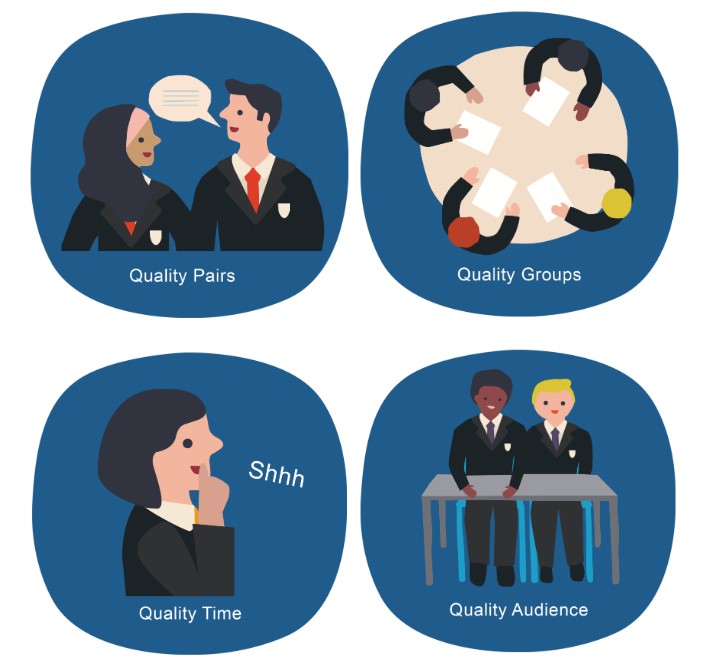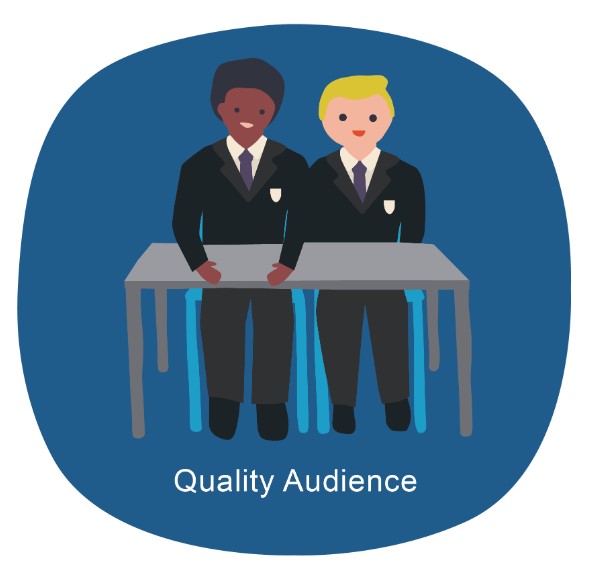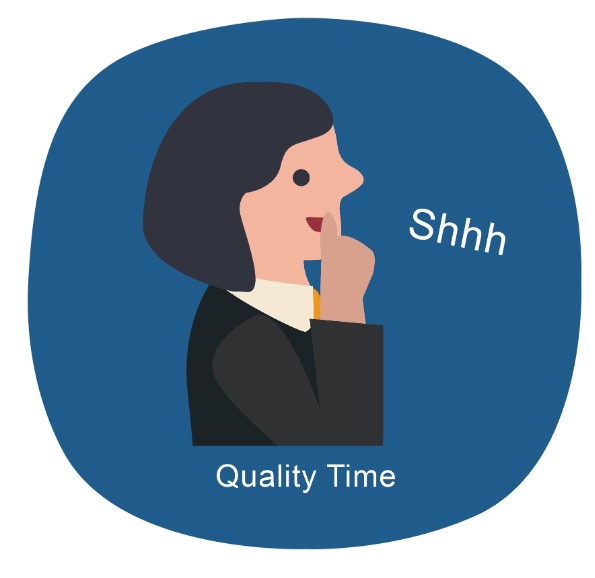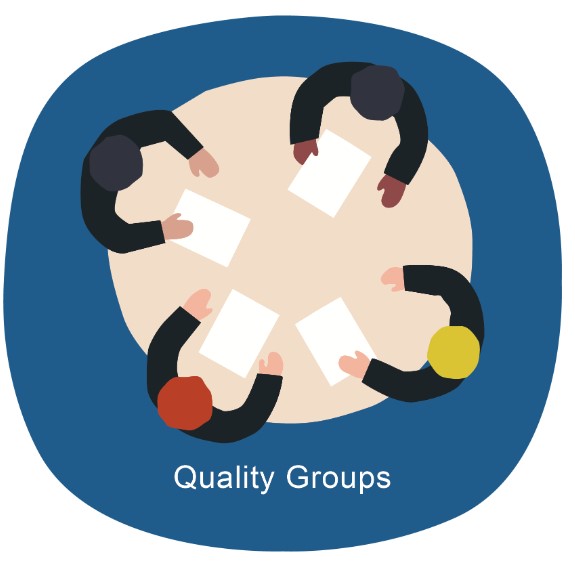Curriculum Implementation
Teaching and Learning at Co-op Academy Leeds
This academic year we have 2 key focus areas within our teaching:
1. Challenge for All
We all care deeply about the community that we serve and want the best for our students. Education can elevate our young people and improve their life chances by opening doors to them in the future. They have an entitlement to study an ambitious curriculum and our role is to support them to access this and thus benefit from the social and economic advantages a rich educational experience provides. Every student has access to meaningful, challenging learning in every lesson across the academy so that they can achieve their absolute best. We teach to the top with everyone aiming for the same high level – we have high expectations of all of our students. Some students will find these harder to reach, and for those students we scaffold and support them to enable them to meet these high expectations, adapting our teaching in a responsive way to meet the needs of all of our students.
2. Literacy Across the Curriculum
Literacy is pivotal to every subject within the school environment and the means of communication academically, socially and emotionally. All teaching staff are responsible for literacy development whichever subject they teach. We recognise that literacy is both general and specific and that a disciplinary approach is the most valuable. We intend for our students to be able to read, write and communicate effectively in all their subjects and, to that end, we explicitly teach a sophisticated range of vocabulary, use an academic reading strategy to open doors to understanding.
We focus on spelling, punctuation and grammar in every subject using a green highlighter to signal errors and provide bespoke interventions to support corrections. We are striving to become a school where reading is advocated in every subject, is celebrated and is independent. Additionally, we promote wider reading around subject topics and actively encourage reading for pleasure as well as progress, through our Accelerated Reader program. Moreover, we promote articulacy in our Quality Oracy strategy, developing students’ confidence in a variety of speaking situations which will prepare them to compete in life beyond education.
Co-op Academy Leeds Teaching Principles
Our Teaching Principles set out what great teaching looks like here at Co-op Academy Leeds. They are a set of evidence informed fundamental elements of teaching that form the foundations of how our ambitious curriculum is implemented.
- Teachers begin each lesson with retrieval practice.
- Learning intentions and success criteria are shared with students.
- Expert questioning is used throughout the lesson.
- New content is delivered via explicit instruction using well sequenced, clear and concise explanations.
- Guided practice and faded scaffolding are used to ensure all students can access our ambitious curriculum and meet our high expectations.
- Literacy is explicitly developed, including: vocabulary instruction, reading skills, written accuracy and oracy.
- Feedback is regularly provided which moves student’s learning on and deepens understanding.
- Teaching is responsive with frequent formative assessment points during lessons allowing teachers to adapt and modify their approach to meet the needs of the students in their lessons.
- ‘Quality Time’ is used to provide students with an opportunity for independent practice.
Learning Mode Descriptors
Academic Culture - Learning Modes
What?
4 clearly defined ways of working in the classroom.
Why?
So everyone is clear of what teachers expect of them at different times during lessons.

.......................................................................................................................................................................
Learning Modes - Quality Audience
Used when the teacher is leading the learning or other students are contributing.
Success Criteria
-
Nothing in your hands
-
Tracking the speaker
-
Active listening
-
Silent unless it is your turn to contribute

.......................................................................................................................................................................
Learning Modes - Quality Time
Used when students are working on their own in order to embed the skills and knowledge that are key to success in the lesson such as during the Quality Time task.
Success Criteria
-
Silent and on task producing work of a high standard
-
Use scaffolding provided (eg planners) to support yourself where possible
-
Raise hand and wait patiently until the teacher can come to support you
-
Teacher will be live marking and providing 1:1 feedback during this time

.......................................................................................................................................................................
Learning Modes - Quality Pairs
Used when students discuss the learning with their peers on either side of their seat.
Success Criteria
-
One person speaks at a time in a quiet voice
-
Respectful conversation at all times
-
Everyone’s input is sought and valued

.......................................................................................................................................................................
Learning Modes - Quality Groups
Used when students discuss the learning with their peers in a larger group.
Success Criteria
-
One person speaks at a time in a quiet voice
-
Respectful conversation at all times
-
Everyone’s input is sought and valued
